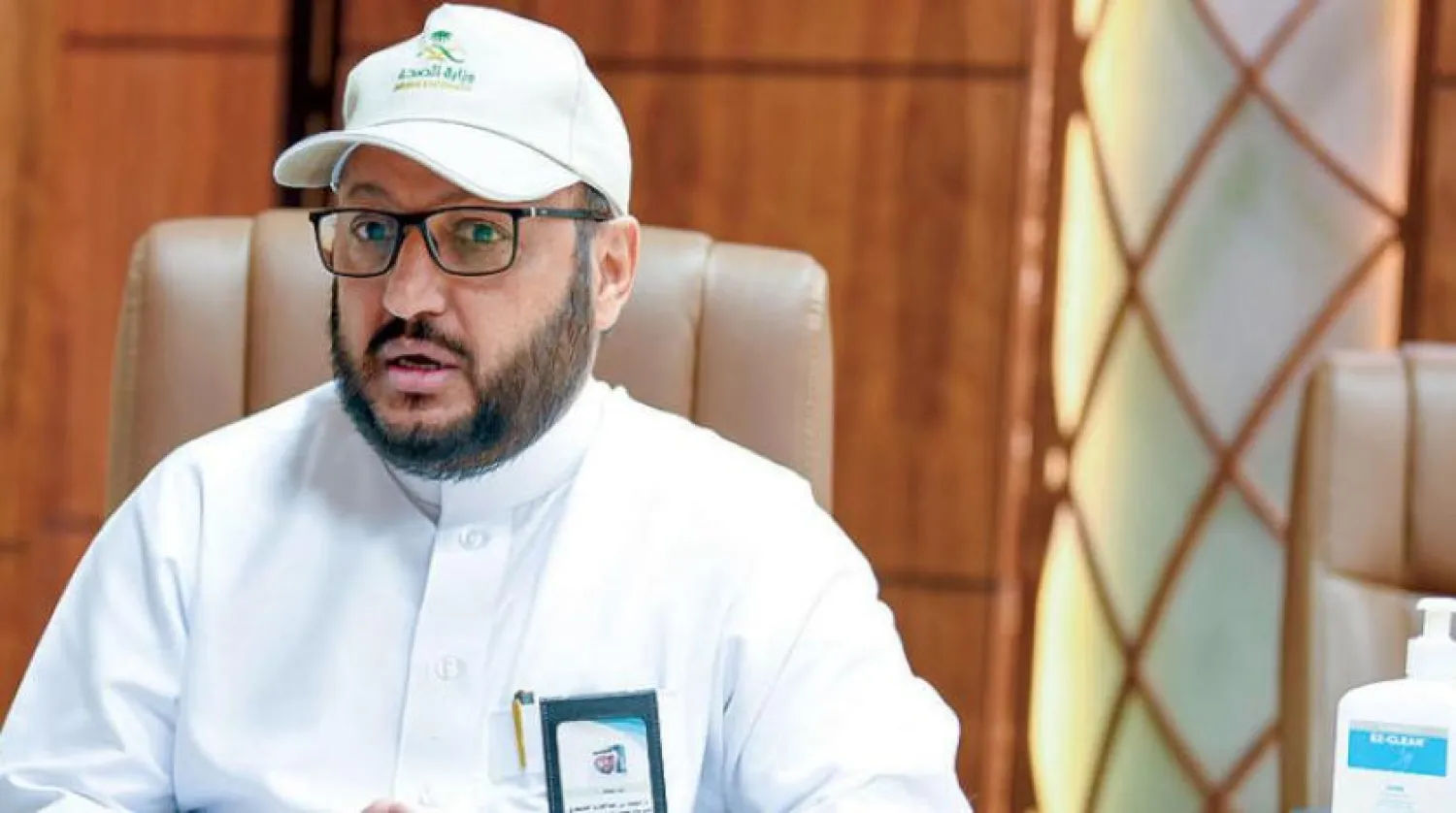The head of the command and control center in the Riyadh region, Muhammad Al-Tuwaijri, confirmed that preventative measures to combat the new coronavirus outbreak are being implemented with relevant authorities and boards convening daily to assess the situation.
Speaking to Asharq Al-Awsat, Tuwaijri pointed out that arrivals in the country over the last period are being quarantined in 5-star and 7-star hotels. He noted that 13 hotels in Riyadh have been equipped and transformed into quarantines.
He highlighted that more hotels are available for transformation should the need arise as the Kingdom continues to evacuate citizens from coronavirus-hit countries worldwide. Citizens brought back are being quarantined for 14 days.
Tuwaijri stressed that the goal is not only to monitor those tested positive for COVID-19, but also to track and contact those with whom they have been in contact.
“The point of placing a person in quarantine is not short to getting a diagnosis, but it is to ensure that they do not harm others,” Tuwaijri underscored, explaining that an infected person may not show any symptoms.
At the hotel quarantines, patients are being regularly tested and monitored by on-site medical cadres.
The Saudi government had developed a package of measures to address the virus by preventing public gatherings and eating in restaurants alongside other steps.
Tuwaijri said that the decrease or increase in the number of cases depends on the response of the community, confirming that citizens and residents are practicing social distancing, as it limits the spread of the disease.
This, according to Tuwaijri, ushers in the gradual decline of the virus.
Addressing the nation on Thursday evening, Saudi King Salman Bin Abdulaziz said it is essential to enhance the individual and collective awareness and adherence to instructions by relevant authorities amid the exceptional circumstances engulfing the entire world.









